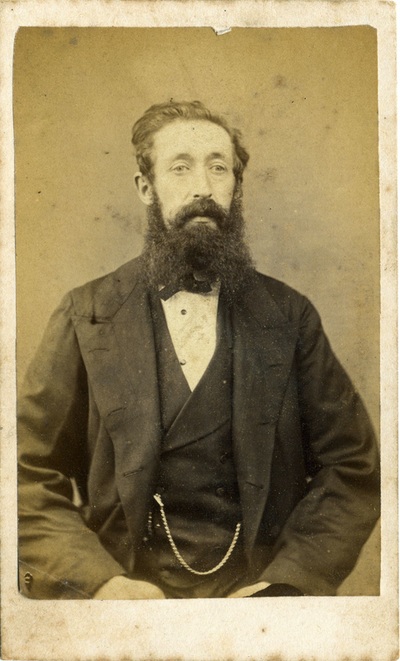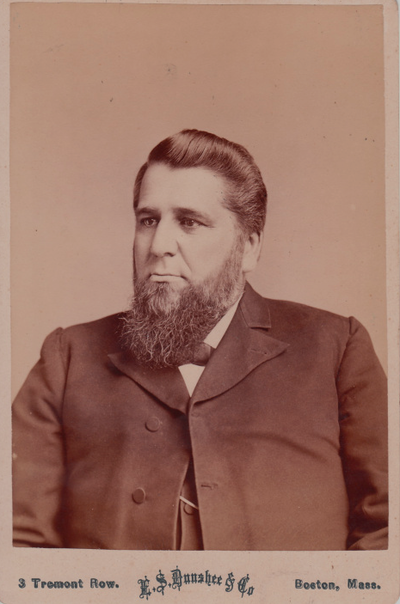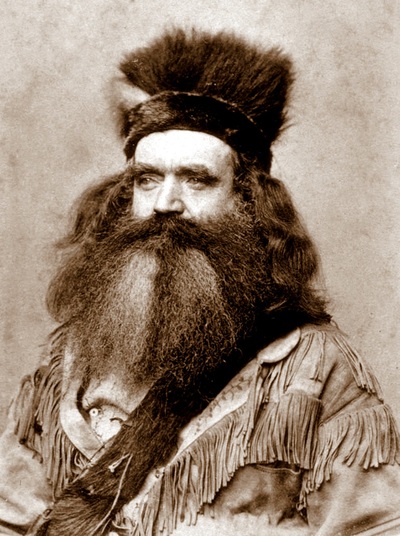\ˌan-ti-mə-ˈka-sər\
| This week on the Bluefish Editorial desk, I’ve had occasion to consider the antimacassar. Even if you don’t know the word, you will probably recognize the object—the little crocheted lace doilies that adorn armchairs in Victorian parlors, the sine qua non of maiden-aunt fussiness. But while today they may be dismissed as useless fripperies, they were designed to serve a useful purpose; and thereby hangs a tale. |
One of the most popular formulations was Macassar oil, produced by the London firm of Rowland and Sons. These enterprising gents offered a wide range of products to disguise gray hair, brighten the teeth, and smooth the skin, as well as patent medicines to remedy toothache, indigestion, and boils.
Rowland’s Original Macassar Oil was one of their biggest sellers, named for the port of Makassar on the Indonesian island of Sulawesi, whence the ingredients supposedly came. Their ads boasted that the mixture:
| is the only article that really produces and restores HAIR, also Whiskers, Mustachios, and Eyebrows; prevents HAIR from falling off, or turning Gray, to the latest period of life; changes Gray Hair to its original color—frees it from scurf and makes it beautifully soft, curly and glossy. In dressing Hair, it keeps it firm in the curl, uninjured by damp weather, crowded Assemblies, the Dance, or in the exercise of Riding. |
Rowland & Sons’ original formulation was made from oil extracted from the seeds of the kusum tree mixed with ylang-ylang and a bit of musk. Its popularity was such that imitators and DIY recipes sprang up almost immediately, based on everything from almond oil to bear grease. The kusum oil had a reddish tinge, and the DIY recipes mimicked this signature feature by mixing the base oil with alka-net root, a substance often used to make red dyes and varnishes.
This mixture was applied liberally to the hair and scalp, resulting in a distinct “wet look.” Compounding the problem, a head coated in oil would naturally also act as a magnet for all the soot, coal dust, powdered manure, and manifold other gunk afloat in the air of nineteenth century cities. All this posed a major threat to the upholstered furniture just then becoming widely popular in middle-class households (due in part to the mass production of machine-woven fabric and the invention of the steel-coil inner spring—the Industrial Revolution was quite a remarkable thing).
Faced with the prospect of gentlemen, exhausted from all that riding and dancing at Assemblies, resting their lavishly anointed heads on the divan, the housekeepers of Victorian England took up their crochet hooks and fought back. The antimacassar was born.
The first documented use of the term came in 1852; within a decade elaborate patterns were being circulated in ladies’ magazines, and every well-brought-up middle class young woman was expected to have a trove of daintily wrought antimacassars in her hope chest. These would allow her to enjoy the company of a fella who was free of scurf and firm in the curl, without having to reupholster the furniture every six months. Truly a formula for domestic bliss!
But fear not! The summer travel season may be upon us, but Ingenious individuals are getting out their metaphorical crochet hooks and stepping into the breach, ready to bring the antimacassar into the twenty-first century. Now, though, the goal is not to protect the upholstery from the passenger, but to protect the passenger from the upholstery. Etsy abounds with hand-crafted airline seat covers for fastidious travelers. For those who don't want the extra laundry, disposable versions are also widely available.
| And one enterprising individual has launched a crowdfunding campaign for a combination seat cover and body wrap—essentially a full-body antimacassar. Be warned, though, reading the copy and comments at these sites will quickly convince you that all seats on commercial flights are teeming with Ebola and bedbugs. And scurf. Happy travels, everyone! |
* The only place I have ever personally encountered antimacassars was in China in the 1980s, where they were fixtures in meeting rooms, along with lidded ceramic cups for tea. I cannot say whether they are still to be found there, though if young men in Wuhan still favor brilliantine the way they did thirty years ago it’s probably not a bad idea.







 RSS Feed
RSS Feed